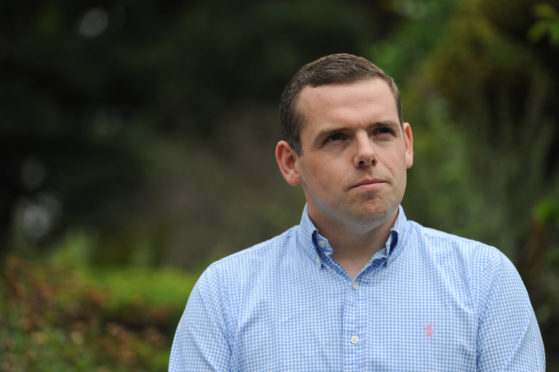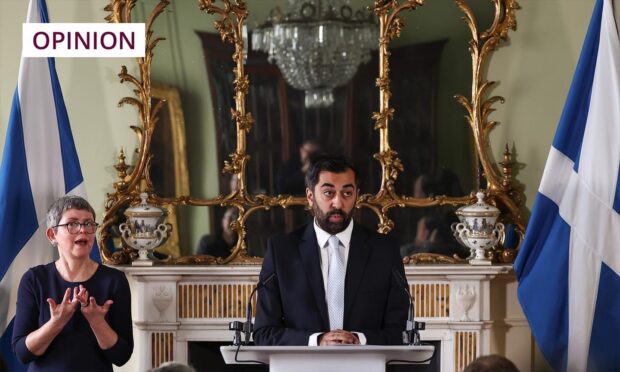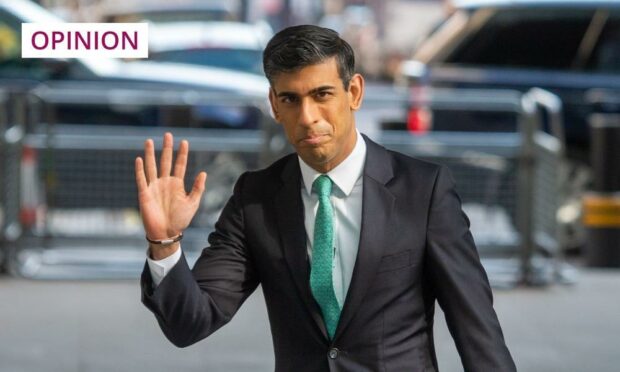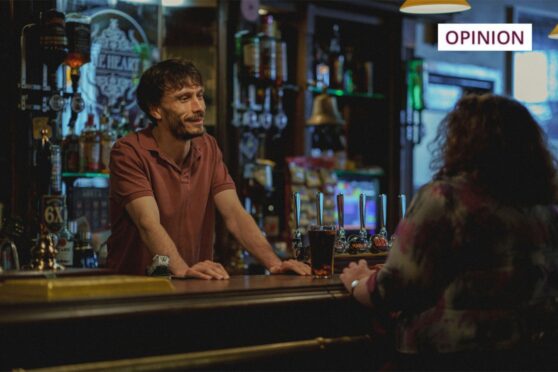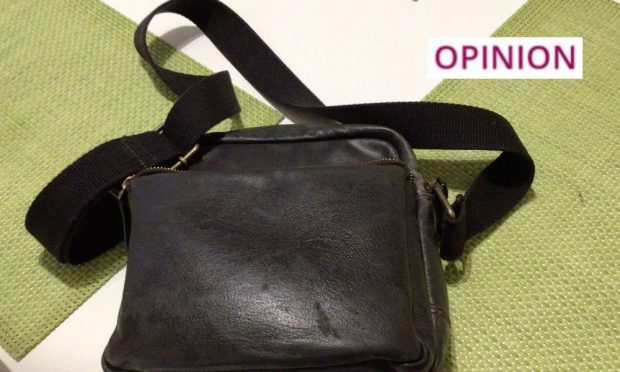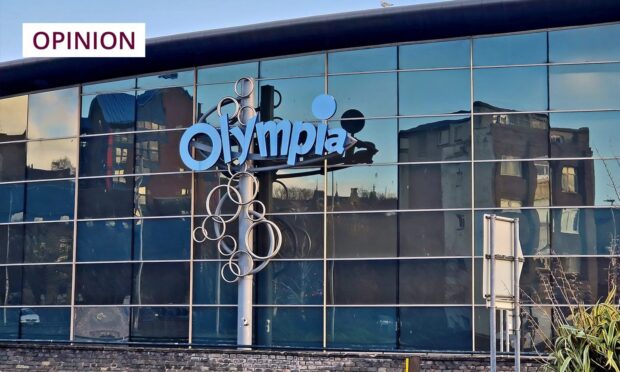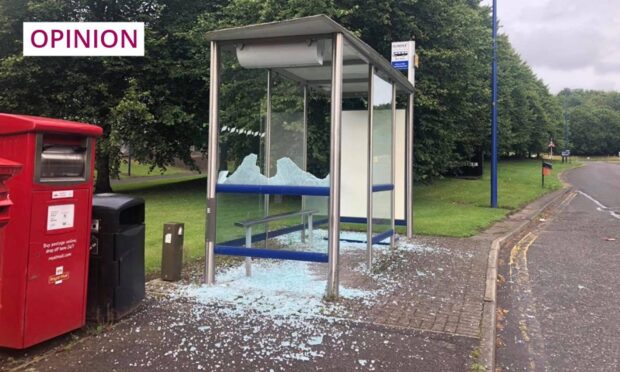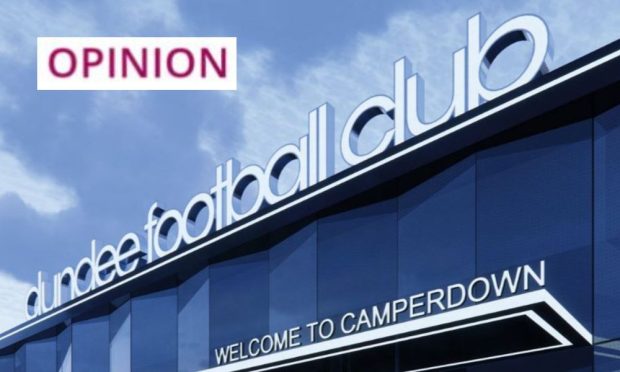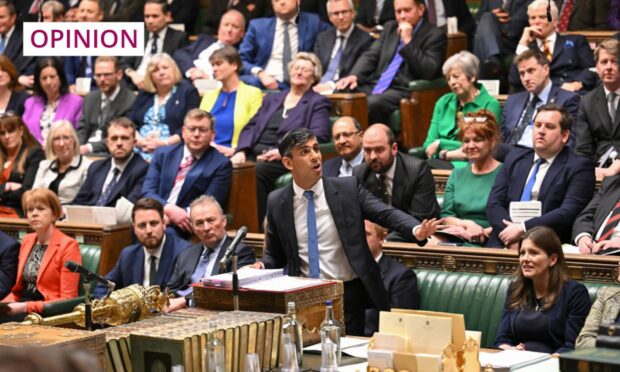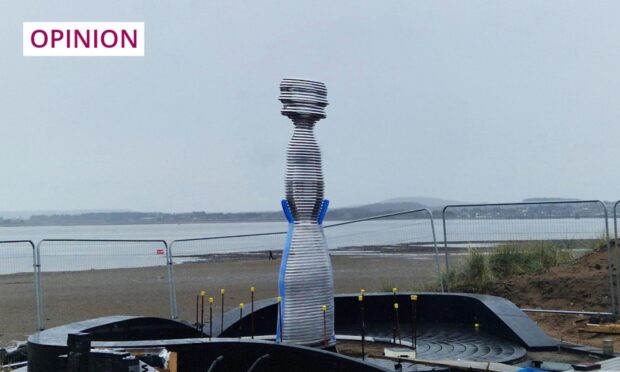Sir, – I wonder if Douglas Ross’s offer to Scottish Labour to join forces to help defeat the SNP at next year’s Holyrood elections is a stroke of brilliance on his part or sheer luck.
Hardened Labour voters would never vote, even to displace the SNP, for the Tories who are their enemy and opponents here in Scotland.
So if a coalition did take place it could see a transfer of votes to the SNP or perhaps these same voters abstaining.
Either way it would be a disaster for Labour.
It would also be a breach of their rules, the councillors in Aberdeen suspended by the party would confirm that.
So a coalition would destroy what little credibility Labour still has in Scotland.
As for the Tories their only advantage would be to eliminate a once powerful, but now mainly irrelevant, opponent and still make no progress towards taking power at Holyrood.
It would also show how weak the Tories are in Scotland that they need the Labour party. The only winners would be the SNP and perhaps the Greens.
It would appear that trying to combine two totally opposed parties to entice the vote away from the people’s choice, according to recent polls, is fraught with danger, especially for Labour and leaves their leadership caught between a rock and a hard place.
William Golden.
Castle Street,
Forfar.
‘Truth decay’ in UK must be called out
Sir, – We all have known for a long time that Prime Minister Johnson’s relationship to the truth has been, at best, casual.
But recently he has surpassed himself in flying in the face of the evidence.
He has said that devolution in Scotland has been a disaster, not apparently for the majority of Scots that support it and would like to see it go further.
In a recent announcement of an extra £4 billion a year for defence spending, he said that the “defence of the realm must come first”.
Despite the fact that 55,000 of our citizens have died of coronavirus-related causes, we are struggling to get the pandemic under control and with a no deal Brexit looming, Johnson sees buying robots for the Army as the priority!
And this in a week in which Sir Alex Allan’s report found that the home secretary’s behaviour had constituted bullying and had fallen below ministerial standards and Johnson insists Priti Patel has done nothing wrong.
With these types of statements and actions the prime minister is taking us further down the road to the level of “truth decay” seen in the US over the past four years and all that brings in terms of societal trust and cohesion.
We all have a responsibility to stay vigilant and call out these blatant distortions and lies before they become the norm in our society.
Brian Batson.
Lour Road,
Forfar.
Compliance or, in reality, submission?
Sir, – I have two points to make regarding the forthcoming Covid-19 vaccines.
Firstly, these are based on genetic modification and thus potentially usher in an era of state-ordained medical engineering (for our own good, of course; not that of Big Pharma).
Secondly, I predict there will be quasi-compulsory vaccination, with UK and Scottish governments employing a Chinese Communist Party-style carrot-and-stick approach for us donkeys. Resisters will be faced with fines or even imprisonment, and life for those without a vaccination pass will be made difficult enough to induce what they call compliance and I call submission.
George Morton.
Hudson Road,
Rosyth.
Foolish to neglect defence spending
Sir, – While there have been letters by Alan Hinnrichs (Courier, November 21) for which I have had a degree of sympathy, his latest didactic effort appears to have come from some obscure ivory tower.
In an ideal world, peopled by “ideal people”, high expenditure on defence would be unnecessary. However, in today’s uncertain times it would be foolhardy indeed to neglect the country’s defence systems.
Kenneth Miln.
Union Street,
Monifieth.
